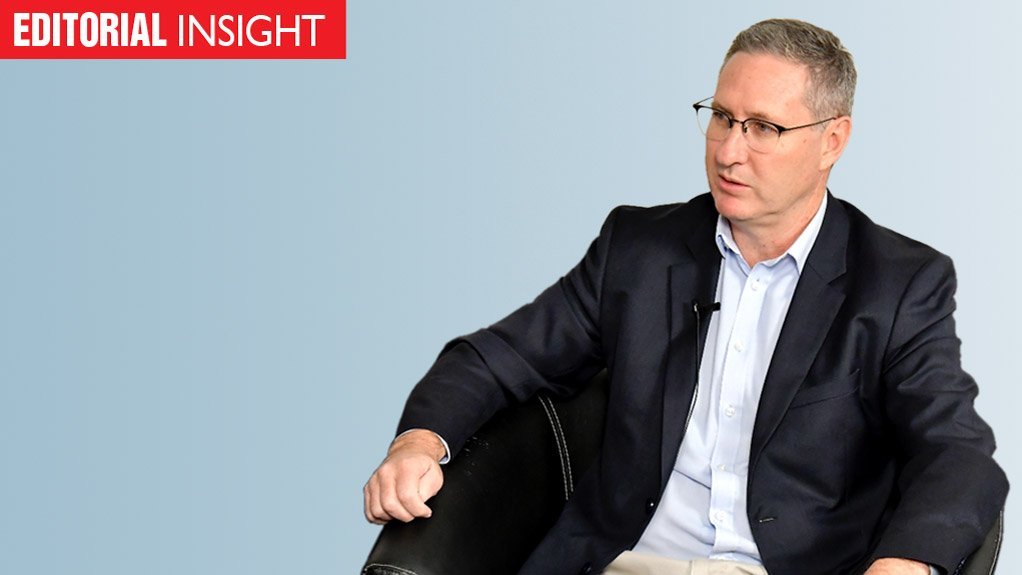While it is far too early to declare victory over loadshedding, with many perils still to be overcome across many fronts, Electricity Minister Dr Kgosientsho Ramokgopa is correct in wanting to shift South Africa’s focus away from its current fixation with generation and towards grid investment.
Ramokgopa has warned that policymakers should not “kick the [grid-investment] can down the road” as they did with generation in the late 1990s and early 2000s, despite an Eskom warning that security of supply could be threatened from about 2008 onwards unless new generation was urgently added. As has been well documented, that warning was not heeded, and South Africa began experiencing its first loadshedding episodes from 2007 onwards.
What followed was a series of calamitous decisions and events that combined to deliver disruptions that would have been unimaginable even for those Eskom managers and executives who wrote the initial cautionary note. These included a belated decision to have Eskom proceed with two mega coal projects simultaneously, following decades of construction inactivity and entirely inadequate front-end engineering and design. This lack of preparedness and experience, coupled with deplorable corruption, have combined toxically to yield a build programme that is about a decade behind schedule and tremendously over budget.
The damage was amplified by disingenuous regulatory determinations that left the utility laden with debt that became unsustainable to the point where the National Treasury was forced to intervene on several occasions, most recently with a R254-billion relief package. It was intensified by unscrupulous executives who blocked private generation, opened the door to coal syndicates and, more recently, to saboteurs motivated by a mix of political and commercial interests.
The consequences are being felt not only in the inconvenience of daily loadshedding, but also in an associated economic decline, rising unemployment, deepening poverty, rising crime, and the flight of skills and wealth.
It is also reflected in the fact that Eskom has directed most of its financial resources the way of its struggling generation business, resulting in a serious underinvestment in transmission and distribution grids. This underinvestment is now posing a serious risk to future security of supply, as it means that new generation plants are struggling to connect to the grid.
Tackling this backlog will be an enormous task, with the latest Transmission Development Plan pointing to the need for the construction of more than 14 200 km of new high-voltage transmission lines by 2032, as well as the deployment of 170 transformers, with a capacity of 105 865 MVA, along with 40 capacitors and 52 reactors.
Eskom reports that it needs to deliver 1 500 km of new transmission lines yearly between now and 2032, representing a massive acceleration from the current yearly tempo of adding only 300 km.
Thus, Ramokgopa is also correct when he says that Eskom alone will not be able to fund and deliver that grid infrastructure. Addressing the backlog is going to require additional capital and skills, as well as different investment models.
EMAIL THIS ARTICLE SAVE THIS ARTICLE ARTICLE ENQUIRY
To subscribe email subscriptions@creamermedia.co.za or click here
To advertise email advertising@creamermedia.co.za or click here











